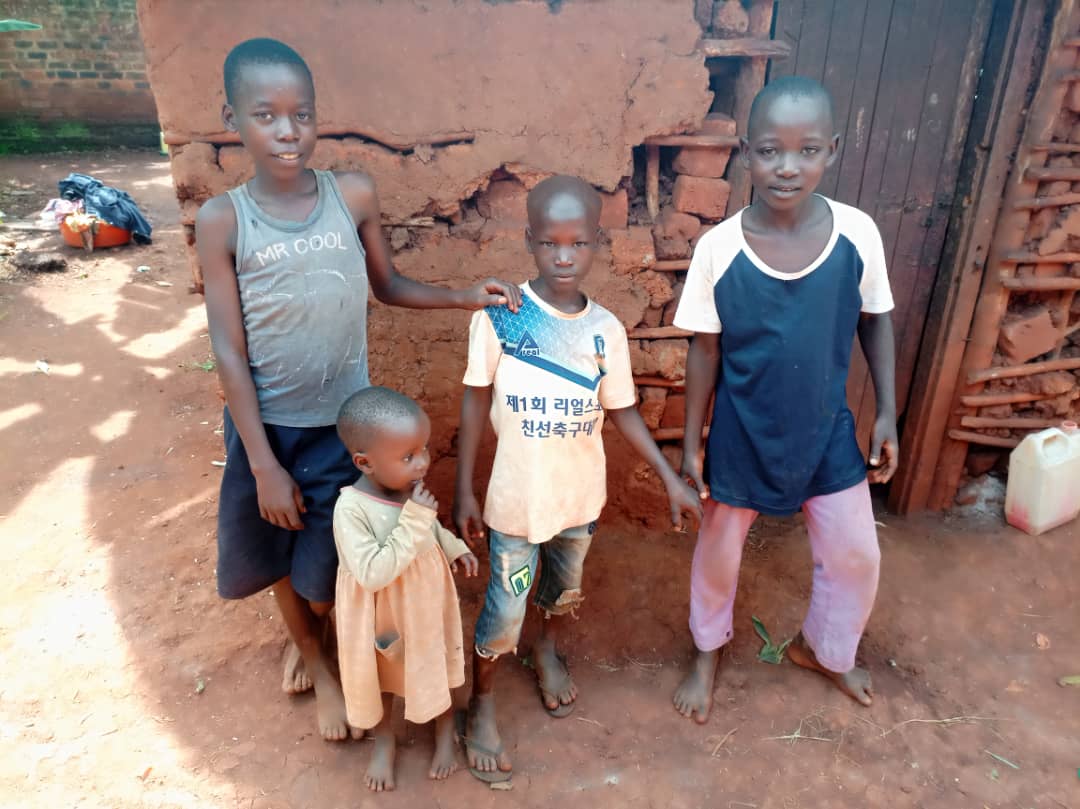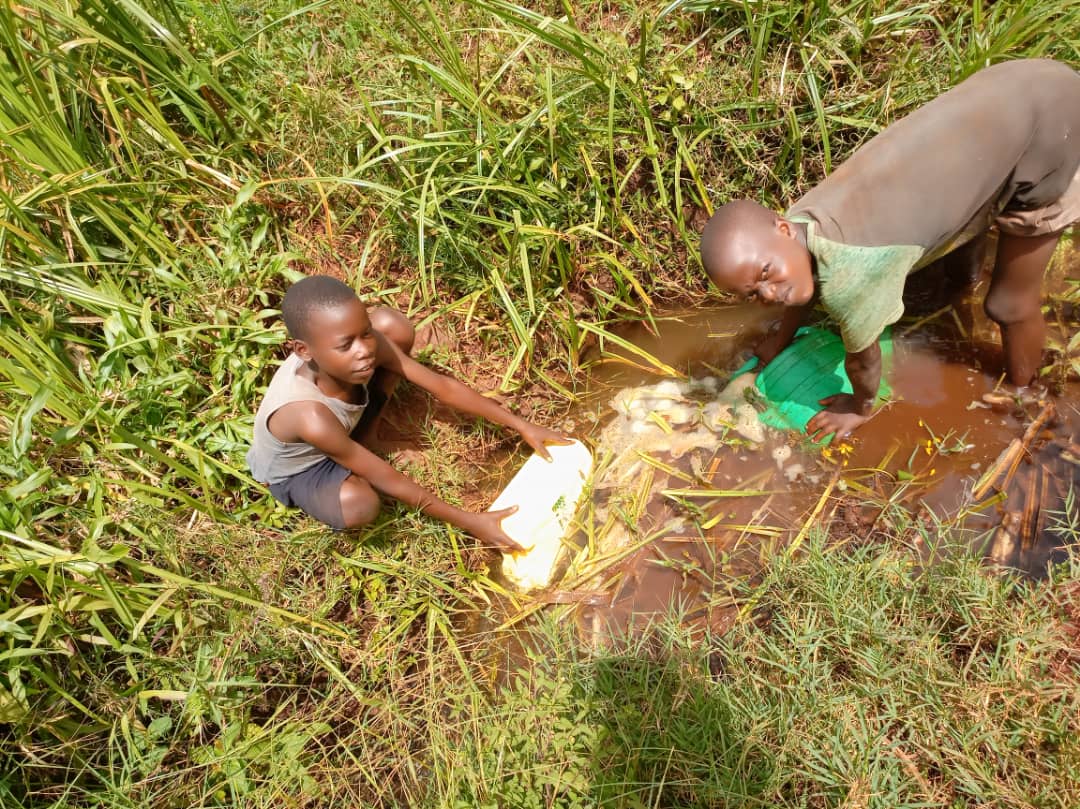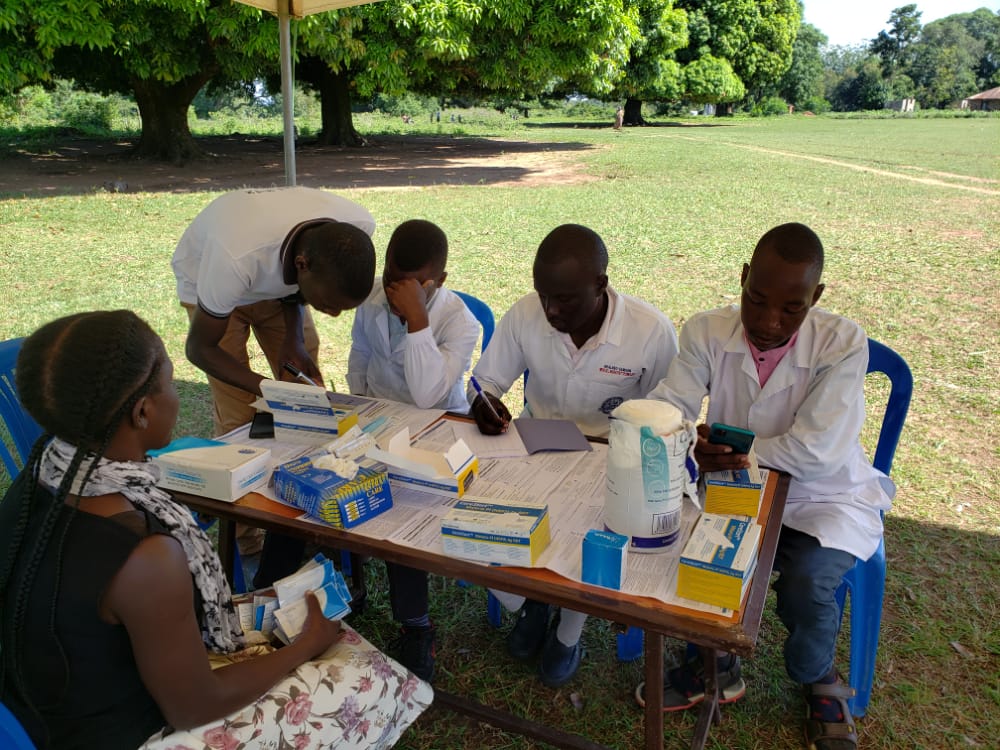HOUSING
Setting up a well-established home for homeless children is one of our projects we are going to work on in the long run.
View ProjectBringing a smile on the face of every child and human in the world is our passion, we have done this through providing educational services to the orphans, we aim at providing healthcare services to the children, elderly and un abled people such as pregnant mothers. We also provide basic needs like clothes, books, water, food etc. to the poor, this has brought a smile to people in the community.
Ishak community foundation was founded by Dr ISIKO ISAAC in 2020 though was fully registered as a community-based organization in 2021. This was in response to the suffering of children in the communities of Jinja district of Eastern Uganda. Where ISIKO ISAAC grew up and studies from. Many children were malnourished with no access to medical services, many families were hungry, many school-aged children were out of school, and many youths were unemployed.
Dr.ISIKO ISAAC was touched by the kind of suffering the children in his community pass through daily and he decided to join hands with few of community volunteers to help the poorest and the most vulnerable of them. This is how Ishak community foundation was started.
The organization started operation in 1 district in Eastern Uganda i.e. Jinja district but has since then expanded to 2 more districts.
Currently, all the support for our children is got from membership subscription fee and community volunteers. We welcome all kinds of donations and grants from individuals and organizations willing to change the lives of the hopeless children within the community. We are also open to any partnership with any organization such humanitarian, child advocacy and any other non-profit organizations.
Education is the key to transforming the lives of poor children and adolescents. Through it, they can get bright futures with decent work, better health, and a good income.
Read MoreHunger is a problem for school-going kids from vulnerable families and it hurts their progress in school. So, we plan on providing them with a daily meal ranging from breakfast, lunch and this makes their life in school easier and better.
Read MoreWe have a plan of constructing four bed room houses containing the two rooms for the suffering male child, two rooms for females, and sparing room for the old. This would enable us supervise our chosen people in the community well.
Read MoreWe aim at providing communities in need with sustainable solutions to their water problems. Such solutions include providing rainwater harvesting systems, installing water pumps, rehabilitating damaged water source infrastructure and construction of boreholes .
Read MoreWe also plan of supporting the families of all children supported by the organization with some household items such as mosquito nets, toothpaste, and soap. This puts them in a better position to take their children to school and provide a conducive environment for children when they come back from school.
Read MoreWe hope to increase on the number of children supported by Ishak community organization but we always limited by the funding. We provide scholastic materials such as school uniforms, shoes, school bags, books, pens, pencils, sanitary pads, etc. to all the children supported by the organization.
Read More
Becoming a volunteer by joining the Organisation membership

Donate a gift the different projects and activties which are on going

Education is a basic need , we're in need of scholarship for the children were catering for.

Setting up a well-established home for homeless children is one of our projects we are going to work on in the long run.
View Project
We aim at providing communities in need with sustainable solutions to their water problems. Such solutions include providing rainwater harvesting systems, installing water pumps, rehabilitating damaged water source infrastructure and construction of boreholes.
View Project
We help poor families and children access medical care. This helps to reduce many preventable deaths in rural communities because poor families often suffer from easily preventable and treatable diseases.
View Project